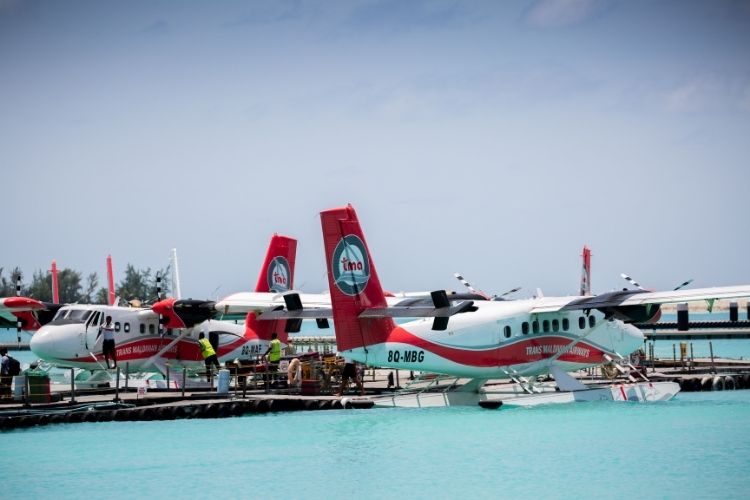Trans Maldivian Airways has assisted the government to relocate orphans under state care to Funadhoo, Shaviyani Atoll. The world’s largest seaplane operator frequently assists the local community and youths through its ‘Zuvana’ development program.
16 children at ‘Fiyavathi’ in Hulhumalé were relocated to the ‘Amaan Hiyaa’ orphanage in Funadhoo. In addition to the initial flight, the seaplane operator conducted 2 additional flights to further assist the relocation process on 7th January 2021. The relocation initiated by the President of the Maldives, Ibrahim Mohamed Solih, aims to provide children with a much safer and healthy environment.
TMA is very happy to be a part of this initiative and will continue to offer its full support in the future as well.
Shubham Moondhara, Head of Corporate Strategy & Business Development at Trans Maldivian Airways
Under Trans Maldivian Airways’ local community development initiatives, the seaplane operator also assists Thalassaemia affected children and their parents services free of charge to Malé from the requested destination. Furthermore, under its Zuvana development program, TMA helps to create skilled employment in the Maldives. TMA has run successful Zuvana Pilot Training and Engineering Training programs for interns. The flight operator is constantly looking for symbiotic ways of growing its business.
The world’s leading seaplane operator and the largest seaplane operator in the world; TMA is considered the backbone of tourism infrastructure in the island archipelago. The operator plays an important role in enhancing and facilitating the growth of the tourism industry in the Maldives.
TMA has also put stringent COVID-19 measures to minimize to contact between its staff and passengers. The seaplane operator aims to keep the journey of travellers simple and safe with fast service and minimum inconvenience to the flyers.
Also read: Trans Maldivian Airways Adds Stringent Measures in the New Normal of Air Travel
Currently, all passengers travelling with TMA receive a complimentary Travel Hygiene Kit. This kit consists of a face mask, gloves, and hand sanitiser at the time of their check-in. The seaplane operator also disinfects all touchpoints throughout the travellers’ journey, regularly.
TMA started in 1989 as a company operating a helicopter fleet under the name ‘Hummingbird Island Helicopters’. Then, the company later changed the name to Hummingbird Island Airways.
Following the addition of the first seaplane to the fleet in 1997, the transition to a seaplane-only fleet completed in 1999. A year later the name Trans Maldivian Airways came to be. Today, TMA represents as a synonym for connecting the Maldives islands.







